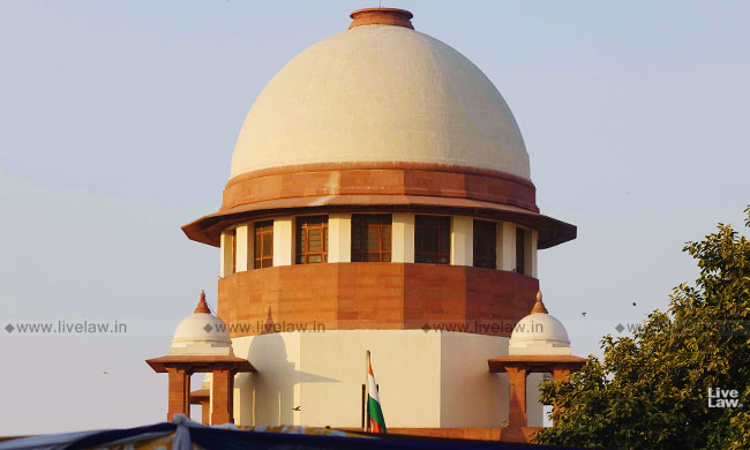Economic Reservation :Constitution (103rd) Amendment Does Not Violate Basic Structure, Centre Tells SC
LIVELAW NEWS NETWORK
12 March 2019 3:47 PM IST

EWS quota is in conformity with the principles of affirmative action, the centre's affidavit states.
Next Story


